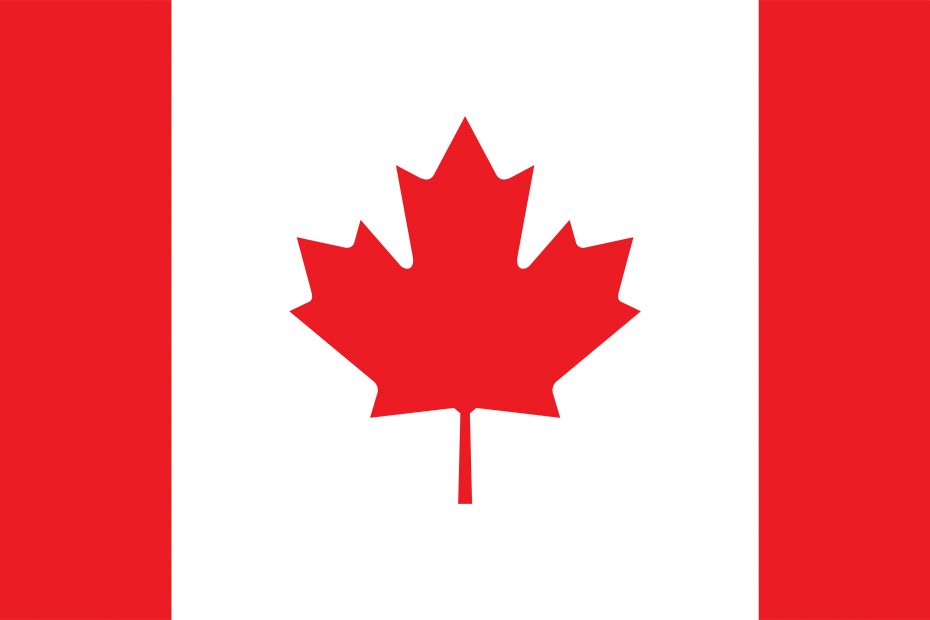Table of Contents
ToggleAlthough employment laws in Canada’s provinces varied, statutory benefits are generally uniform across the country. Although Quebec may be an anomaly in some areas, employers employing Canadian workers can often develop a common benefits package that is compliant across the country. In Canada guide takes a close look at the labor rules and regulations that apply to Canadian employees. Let’s take a closer look at the Employee benefits in Canada.
Pensions, statutory and parental breaks, PTO, employment insurance, and eye exams are all examples of employee benefits in Canada. Retirement, healthcare, voluntary and flexible benefits, healthcare spending accounts, gyms, and workplace canteens are all examples of supplemental employee benefits. Virtual care, mental health training, and digital health and fitness platforms are among the many benefits offered to employees.
In Canada, who is eligible for benefits?
Certain perks are guaranteed to all full-time employees in Canada. While Canada allows businesses to fire employees without cause during probationary periods, workers in Canada have greater rights and safeguards than those in the United States.
Importantly, the concept of at-will employment is not practiced in Canada. Businesses can use probationary periods to “test” an employee’s fit, but beyond probationary periods, employers must have at least one valid basis to terminate an employment relationship.
Employee benefits in Canada, both statutory and common paid time off are available:
Employees in Canada are entitled to varying amounts of paid time off, depending on their province or territory of residence.
Employees with at least one year of service in Canada are entitled to at least two weeks of paid vacation every year under federal law. The minimum wage climbs to three weeks after five years of employment. The minimum reaches its peak point of four weeks after ten years. The percentage of salary granted to employees during their time off is sometimes regulated by provinces in Canada. Employees who have worked for at least three years in a row are entitled to three weeks of vacation at a rate of 6% of their yearly salary under Quebec legislation.
Overtime pay and the minimum wage
The minimum wage in Canada varies from region to region. Saskatchewan will have the lowest minimum wage in 2020, at CAD $11.45. The current minimum wage in Canada can be found here.
The cost of overtime varies by area. Employers in some parts of Canada must pay overtime rates for hours worked after eight hours per day or 40 hours per week. Others raise the weekly restriction to 48 hours. While most provinces require overtime pay to be 150 percent of regular pay, some raise overtime rates to 200 percent depending on the number of hours worked. In Canada, employers should be aware that exempt salaried staff may still be entitled to overtime pay.
Flexible working hours
After six months of continuous employment with a company, workers in Canada are guaranteed the right to seek new working hours. Employers have extensive freedom to decline these requests, but employees can press the matter if flexible work hours would help them achieve a better work-life balance and would not harm their job duties.
Personal leave
After three months of working in the same position, employees in Canada are entitled to personal leave in addition to paid time off. Employers are required to pay for this leave for the first three days. Employers are not allowed to penalize employees who use all of their paid time off.
Leave because of domestic violence
Only a few countries provide additional protections to victims of domestic and family abuse. Employees who take leave due to family violence in Canada are entitled to ten days of protected leave, of which five must be paid by their employers. Family violence leave is not available to employees who have been accused of committing domestic abuse.
Leave of absence for medical reasons
Employees in Canada are entitled to up to 17 weeks of unpaid vacation for medical reasons such as illness, injury, organ donation, tissue donation, or attendance at medical appointments, including hospital stays. Employers may seek proof from a healthcare provider proving the conditions that prevented the employee from working for three days or more.
Leave for COVID-19
In response to the COVID-19 pandemic, Canada offers two types of unpaid protected leave. The first is a two-week vacation that protects employees who have been exposed to the virus and need to quarantine, as well as workers who get the illness but only have moderate symptoms.
Employees who must provide care for a kid, elderly relative, or other family members who require more care but cannot obtain it due to circumstances preventing them from retaining access to their customary care providers can take up to 26 weeks of protected leave.
On September 21, 2021, both types of leave were planned to expire.
